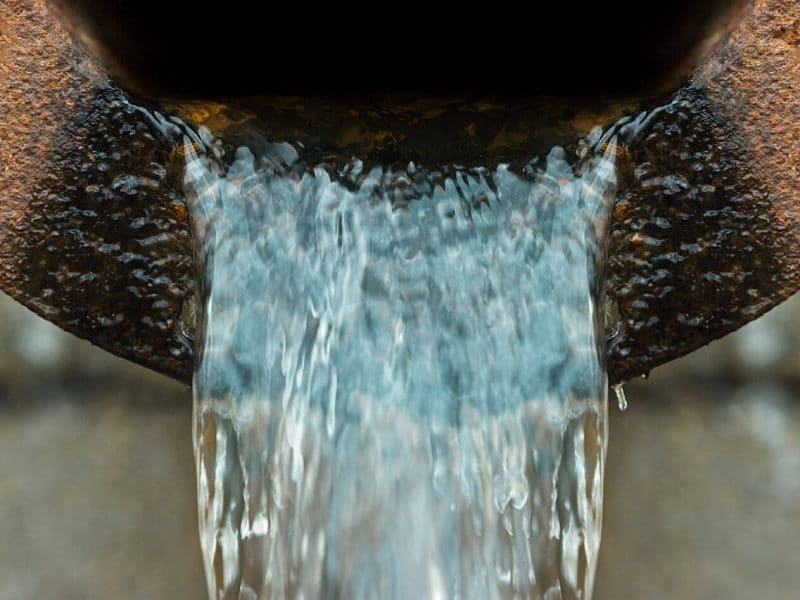
The efforts of industries to stay ahead of the water shortage curve seems to remain stagnant due to the increasing water access fees and tightening effluent regulations. We recommend every facility to prepare in advance and reduce wastewater volume to mitigate these future burdens. Taking major steps like installing a water filtration plant will help your industry adapt to the water shortage expected in near future.
The methods of wastewater reduction may vary in each industry but there are some basic steps every facility can follow. They can create long-term and short-term strategies for the conservation of water and reduction of discharge waste. This will lead to cleaner water and a healthier environment.
In this blog, we will discuss some ways that industries can adopt to reduce wastewater discharge in their facility.
Identify Troublesome Runoff And Connection Issues:
Have regular checkups to identify any leaking groundwater or rainwater from fractured pipes. You might be losing freshwater or untreated processed water as it leaks into effluent streams. Inefficient routing of processed piping and poor connection or sealing of valves can be troublesome when a facility is trying to cut down its wastewater volume.
Perform an audit for water usage to get an idea of the amount of water required in each production process of the industry. Set goals to tighten the demand and identify processes leading to the evaporation of wastewater. Each of the small fixes can lead to significant wastewater discharge reduction in the long run.
Install Water Saving Devices:
Other than the production process, an industry uses water in various other places. This includes toilets, water dispensers, and sinks. Explore the chances of replacing water-intensive equipment with alternative technologies in order to reduce your water flow. Alternatively, you can recycle and re-use water from one part of the cycle in another. Identification of production processing portions that do not require high-quality water can help to achieve this.
Reuse And Recycle Water:
The amount of wastewater your system discards can be reduced by installing systems that allow water filtration and reuse. The upfront investment may be high for this but the long-term utility will make you save a significant amount of water. If we look at the costly fees and rapidly changing stringent regulations, it becomes clear why installing such technology will ultimately create ease. Make a commitment to only use the water that your facility can replace and re-use.
Shift To Waterless Processes:
What better solution than reducing the water usage, so there is no waste volume? The technological advancements in industrial equipment have lead to the production of processes requiring minimal or no water. Look into this kind of solution that can be installed in your facility to reduce water consumption in various processes.
Biological Wastewater Treatment Technology:
Incorporate biological wastewater treatment technology if your industry generates debris laden with organic waste. They help to break down and remove organic contaminants from food, chemical, and oil/ gas related wastewater in an economical and efficient way. This natural process generates beneficial biogas to provide energy for other processes within the facility.
At TPS, you can find sewage treatment plants as well as biological wastewater treatment plants to help you regulate your industrial processes. By installing such technology in your facility, you can achieve the goal of generating minimum wastewater discharge volume in your industrial facility.

Recent Comments